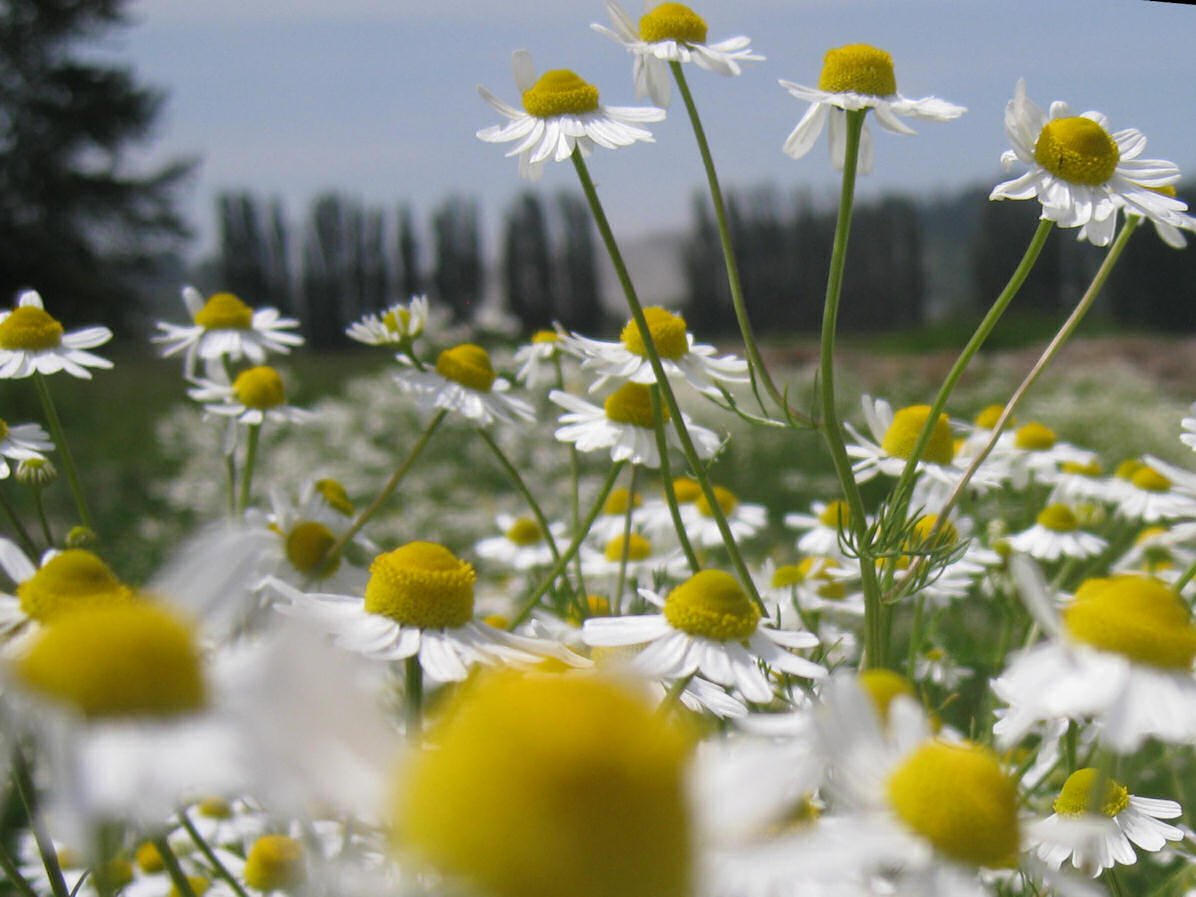The ancient use of Cedar as a coffin wood helps me conclude that its fragrant oil is ruled by Pluto.
Last week I gave a private aromatherapy class to a group that was interested in the planetary rulerships of essential oils. Lecturing on this topic proved to be much more challenging than I had anticipated! If I consulted five books on information about the planetary rulership of a particular essential oil, I might discover five unique rulerships assigned to that fragrance. I’ll use Cedar as my example. The great seventeenth century herbalist, Nicholas Culpeper, places the various kinds of Cedar under the dominion of the Sun and Mars. Rex E. Bills’ The Rulership Book, the astrological bible of rulerships and a compendium of many medieval grimoires, astrology manuals, and medico-herbal treatises, assigns Cedar trees to Pluto, and trees in general to Saturn. The aromatherapist Robert Tisserand rather startlingly names Uranus as the ruling planet of Cedarwood, while another aromatherapist claims that Cedarwood is within the special province of Wotan, i.e. Mercury.
The fragrance of the common herb Marjoram can both stimulate and relax the mind, depending on dosage, and so it is ruled by Mercury.
Confused yet? Me too! Ultimately the planetary rulership of an essential oil is a highly subjective designation and intensely culture-specific, yet I did have some fun with the class as we attempted to make order out of the chaos by applying general principles. Herbs in general are ruled by Mercury, and herbal scents like Lavender, Marjoram, and Cardamon tend to be volatile top notes and evaporate quickly on the skin, true to speedy Mercury’s fleetness of foot and rapid revolution around the Sun. Hot-tempered, impatient Mars rules over pungent and peppery spices like Black Pepper, Ginger, and Galangal, which also qualify as top notes in the world of natural perfumery.
Venus in general has the rulership of flowers and hence all floral scents, although there are major exceptions to this rule. Those workhorse sweet scents of perfumery, Rose and Ylang-Ylang, constitute the mid or heart notes of a blend, and what a fitting term for the immediacy, beauty, and fullness that these essential Venusian elements add. Lunar scents would also be well-placed as heart notes, and the Moon rules over white and night-blooming florals like Jasmine. The poignant, melancholy fragrance of Orris (Iris) root perfectly embodies the mood of the Moon, as do other “cold” florals like Violet.
"Cold" florals like Iris are ruled by the Moon.
Copaiba, a balsam tree, is ruled by Jupiter.
Wise and benevolent Jupiter has the rulership of essences that add richness and depth to a blend, and Rex E. Bills places balsam trees in general under Jove’s banner, though without explaining why. Incensey base notes like Copaiba, Peru, and Tolu Balsam, Tonka Bean, Opoponax, and Styrax would therefore be under the rulership of Jupiter. This designation just intuitively makes sense to me, perhaps because these base notes lend long-lasting support to a blend and also carry the fragrance of exotic foreign lands. The sacredness of gums and resins in the ancient world speaks to Jupiter’s association with both the purity of nature and the consciousness of heaven.
Detail of Vetiver grass, an earthy scent which is ruled by Saturn.
Last but certainly not least, we come to the base-iest of base notes, those ruled by Saturn. As the ruler of the heaviest metal, lead, and of the material world in general, Saturn has dominion over the earthy and woody fragrances that stabilize a blend. The deep earth scent of the fragrant grass Vetiver, the essence of Hay, and the infamous Patchouli all belong to Saturn, as do the more pungent earthy aromas of Spikenard and Cannabis.
If you’re clever, you’ve noticed by now that I skipped over the fragrances that belong to the Sun, the most important planet in the astrological pantheon and one of the most oft-cited rulers of a great range of fragrances. The Sun, the energy of wholeness, health, and integration, has rulership over many oils that appear as tops, mids, and bases. Here’s a quick run-down of solar essences and how they acquired their special status: Citrus oils like Orange flourish in warm, sunny climates and their fragrance evokes the Sun by conjuring up both sunny colors and the spherical shape of the fruit. Frankincense was employed in the worship of the Sun god Ra in ancient Egypt. Saffron is both golden and quite precious, like the Sun’s signature metal, gold. Rosemary and Cinnamon are warming like the Sun. Finally, flowers that are “golden and bright yellow or large and showy” (Rex E. Bills) belong to the Sun, such as Chamomile with its Sun-like center and eminently healthful scent.
Chamomile blossoms doing their best imitation of that big yellow ball in the sky - the Sun!
"Warm" florals like rose are ruled by amorous Venus.
To review, then, with a few key words, Mercurial scents may be stimulating and/or calming to the mind, while Mars scents work to energize the body and the personal will. Compare the subtle differences of these actions to those of Solar scents which warm and tonify one’s entire constitution.
Venusian fragrances beautify and entice, while Lunar scents soothe the spirit and evoke ineffable states of being. Lofty Jupiterian scents support fragrance blends with resinous, balsamic fixatives, and by awakening religious consciousness. Saturn’s scents ground and focus energy by rooting us to the earth.
Synthetic fragrances are ruled by Uranus.
If you’re curious about planetary rulerships beyond the traditional seven, I’ll try my hand at assigning guiding concepts to the transpersonal outer planets, which we’ve only become aware of in recent centuries. All synthetic, chemically-engineered fragrances belong to Uranus on principle, and sadly the vast majority of what you’ll smell at modern perfume counters belongs in this family. Also for Uranus, try on plants that flourish where lightning strikes, plants with Revolutionary significance (Tea, anyone?), or plants that trouble taxonomists with irreducible morphologies (Uranus: the wrench in the system, the born original).
Blue Lotus has a spiritual significance in many cultures and has mild narcotic properties, so Neptune makes a natural ruler of this aquatic floral.
Neptune’s rulership over both intoxication and trance suggests essences that induce altered states. Truth be told, it’s tempting to throw all essential oils and perfumes under Neptune’s banner, since I find the smelling of pretty much any high-quality essence or absolute to have some kind of psychotropic effect. Blue Lotus (really a water lily) of the Nymphaea genus is known to act as a mild narcotic and was central to ancient Egyptian ritual, so it stands out as a clear choice for Neptune. Ambergris also belongs to Neptune for fairly obvious reasons.
The waste product of the hyrax lends an animalic scent to a perfume, and Pluto rules over primal urges in astrology.
Finally, Pluto’s rulership over the realm of sexuality and the much-maligned id would place all animalic essences within his domain. Scents that are fecal (Civet) and urinous (Hyraceum) fit with Pluto’s rulership over organs of excretion, and certainly essences taken from the reproductive systems of animals (Musk, Castoreum) belong to Pluto as well. (I would place the animalics with Jupiter, traditional ruler of hunting and wild animals, if you wanted to stay within the classical seven planets). Scents that are particularly toxic or poisonous (Datura) should be classed with Pluto, although the FDA would convince us that pretty much every natural essence is a dangerous chemical. Welcome to the Aquarian Age: only man-made fragrances are safe!
The emphasis on Mercury and Saturn in the first grade of the Psyche myth always puts me in mind of the Magician card in the Tarot ...
Below I've listed some ways that the Kate’s Magik healing products which I represent can be used in conjunction with astrology. Kate conceived her aromatherapy blends using many of the same resources I consulted for the ancient lore of essences, and so her products are good adjuncts to planetary magick. I’ve matched up products with particularly strong planetary resonance to the grades in my Psyche’s Gift readings below.
The grade of Mercury and Saturn: Top-note heavy Clarity & Focus, of Kate’s line of Anointing Oils, can assist a scattered Mercury. Creativity & Performance is the ultimate Saturn oil, reminding one that the earth is the plane of manifestation with its grounding wood notes.
The grade of Sun and Moon: The Anointing Oil Sun of Success was inspired by Solar essences of ancient derivation, while Moon Goddess awakens intuition with narcotic Jasmine.
Sphinx Moth Perfume will fill your life with the resinous richness of Jupiter!
The grade of Mars and Jupiter: The Anointing Oil Fearlessness & Confidence is a little bit of Mars in a bottle, boosting the will with spicy Ginger. Kate’s base-heavy Body Oil, Sphinx Moth, strikes me as the most Jupiterian of all her products. Rich resins and powerful Oak Moss bespeak Jupiterian grandeur and abundance, and the god-like origin of the incarnated human.
The grade of Uranus and Pluto: Those who resonate with this grade, or who are undergoing intense outer-planet transits, would do well to check out Kate’s Sacred Oils, Archangel Michael and Quan Yin. The sky god Uranus gives us access to angelic consciousness, and Archangel Michael assists in bringing our divine nature into alignment with the human will. Quan Yin is a balm to those who are struggling to develop compassion for their Plutonian demons, whether those demons are people we believe have victimized us, or our own personal failings.
The grade of Venus and Neptune: Both Venus and Eros are fitting Anointing Oils for tuning in to this grade’s emphasis on attracting a fulfilling partnership. Meditation & Trance and Letting Go speak to Neptune’s rulership over religious communion and surrender.











